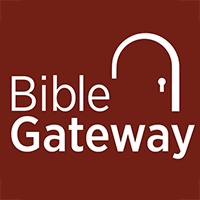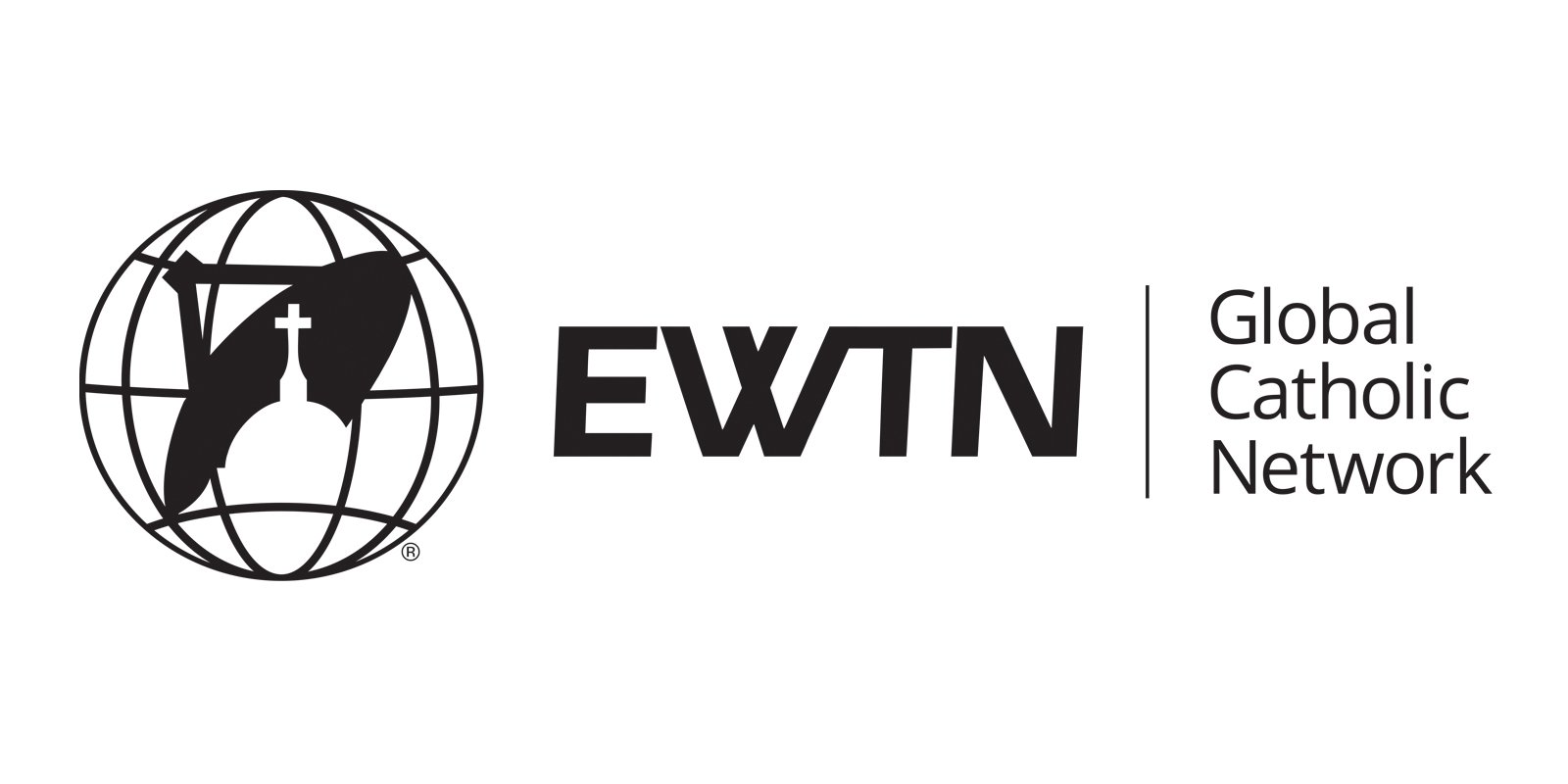DudleySmith
Diamond Member
- Dec 21, 2020
- 20,253
- 14,440
- 2,288
Some issues came up in a thread on JW's and their doctrines re Catholics, but rather than help derail that thread I'll post this in its own thread for informational purposes,as some here don't seem to be aware of some basic Catholic views on 'canon'.

 www.blueletterbible.org
www.blueletterbible.org
Roman Catholicism and Protestantism are not in agreement as to the exact limits of Old Testament Scripture. Protestants believe and teach that there are only thirty-nine books that makeup the Old Testament. Roman Catholicism, however, teaches that the Old Testament consists of these thirty-nine books as well as seven additional books. Furthermore, the Roman Church also teaches that two books of the Old Testament, Daniel and Esther, have longer sections in them which Protestants delete. These additions are called the deuterocanonical books, or second canon books, by Roman Catholics and the Old Testament Apocrypha by Protestants. Roman Catholics call them deuterocanonical books, not because they are inferior to the proto-canonical, or first canon books, but rather because their status was decided later in history.
Who is correct? Which books belong in the Old Testament as part of Holy Scripture? Why does Roman Catholicism believe these additional books, and parts of books, constitute sacred Scripture that have been wrongly deleted by Protestants?
....followed by a list of reasons.
As for me personally, I think the word 'Canon' isn't really a correct word re the choice of biblical texts, since many of the books have little to do with law. If I had to make a list of the most essential books they would be the Pentateuch, the first parts of Isaiah, the four Gospels, the 3 Johns, Hebrews, and Revelations, but that's just me. In any case, I found the exposition in the link to be informative and worth posting for the Peanut Gallery.

Why Does the Roman Catholic Church Accept the Books of the Old Testament Apocrypha (The Deuterocanonical Books) as Holy Scripture? by Don Stewart
Don Stewart :: Why Does the Roman Catholic Church Accept the Books of the Old Testament Apocrypha (The Deuterocanonical Books) as Holy Scripture?
Roman Catholicism and Protestantism are not in agreement as to the exact limits of Old Testament Scripture. Protestants believe and teach that there are only thirty-nine books that makeup the Old Testament. Roman Catholicism, however, teaches that the Old Testament consists of these thirty-nine books as well as seven additional books. Furthermore, the Roman Church also teaches that two books of the Old Testament, Daniel and Esther, have longer sections in them which Protestants delete. These additions are called the deuterocanonical books, or second canon books, by Roman Catholics and the Old Testament Apocrypha by Protestants. Roman Catholics call them deuterocanonical books, not because they are inferior to the proto-canonical, or first canon books, but rather because their status was decided later in history.
Who is correct? Which books belong in the Old Testament as part of Holy Scripture? Why does Roman Catholicism believe these additional books, and parts of books, constitute sacred Scripture that have been wrongly deleted by Protestants?
....followed by a list of reasons.
As for me personally, I think the word 'Canon' isn't really a correct word re the choice of biblical texts, since many of the books have little to do with law. If I had to make a list of the most essential books they would be the Pentateuch, the first parts of Isaiah, the four Gospels, the 3 Johns, Hebrews, and Revelations, but that's just me. In any case, I found the exposition in the link to be informative and worth posting for the Peanut Gallery.




